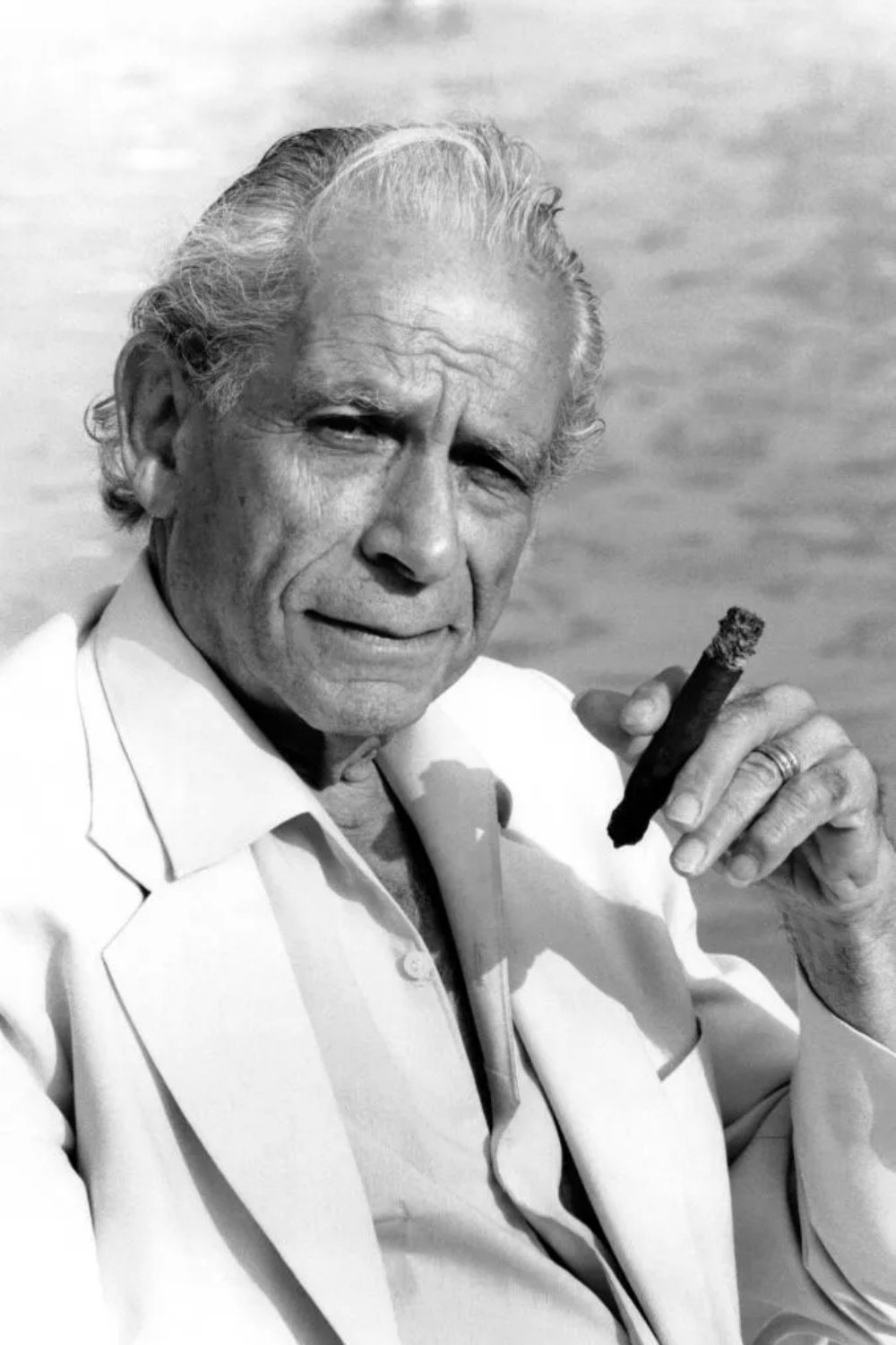
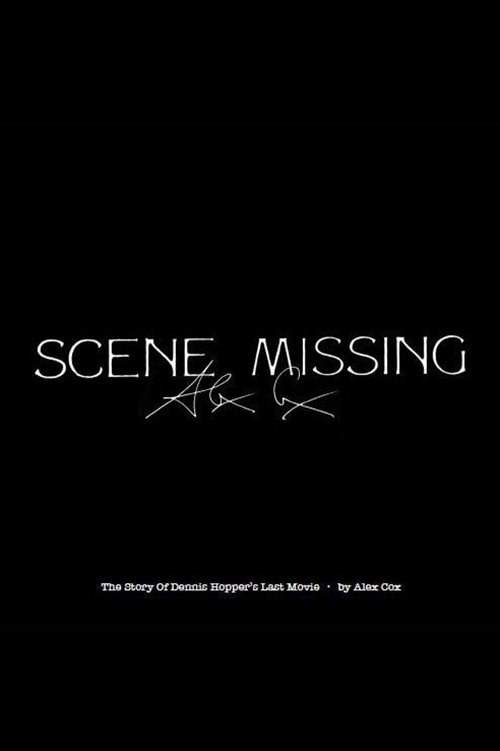
The unfinished documentary about the making of Dennis Hopper's mostly unseen feature film The Last Movie (1971).
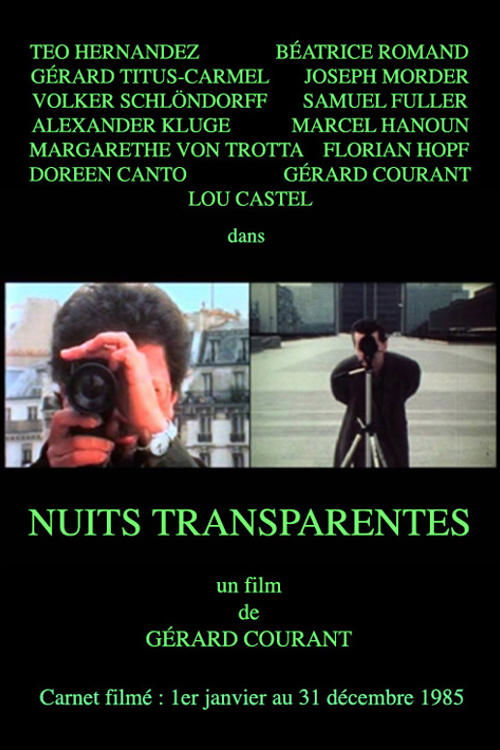
Strolling through France (Roanne, Nice and Carcassonne) with some excursions abroad (Munich, Montreal, New York).
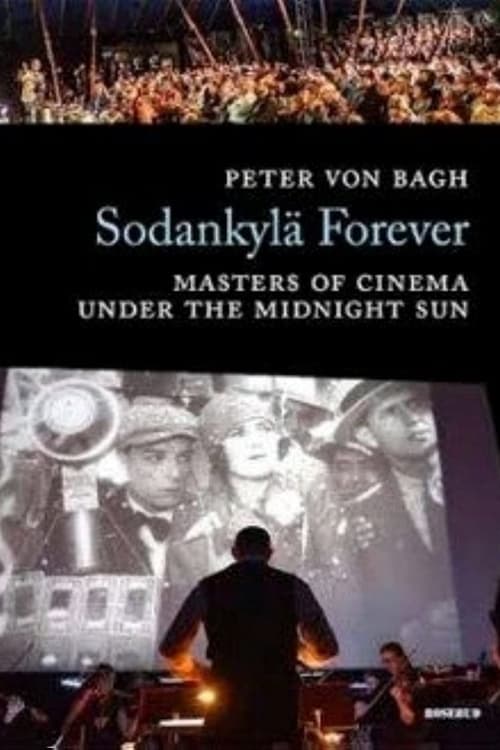
The Midnight Sun Film Festival is held every June in the Finnish village of Sodankylä beyond the arctic circle — where the sun never sets. Founded by Aki and Mika Kaurismäki along with Anssi Mänttäri and Peter von Bagh in 1985, the festival has played host to an international who’s who of directors and each day begins with a two-hour discussion. To mark the festival’s silver anniversary, festival director Peter von Bagh edited together highlights from these dialogues to create an epic four-part choral history of cinema drawn from the anecdotes, insights, and wisdom of his all-star cast: Coppola, Fuller, Forman, Chabrol, Corman, Demy, Kieslowski, Kiarostami, Varda, Oliveira, Erice, Rouch, Gilliam, Jancso — and 64 more. Ranging across innumerable topics (war, censorship, movie stars, formative influences, America, neorealism) these voices, many now passed away, engage in a personal dialogue across the years that’s by turns charming, profound, hilarious and moving.
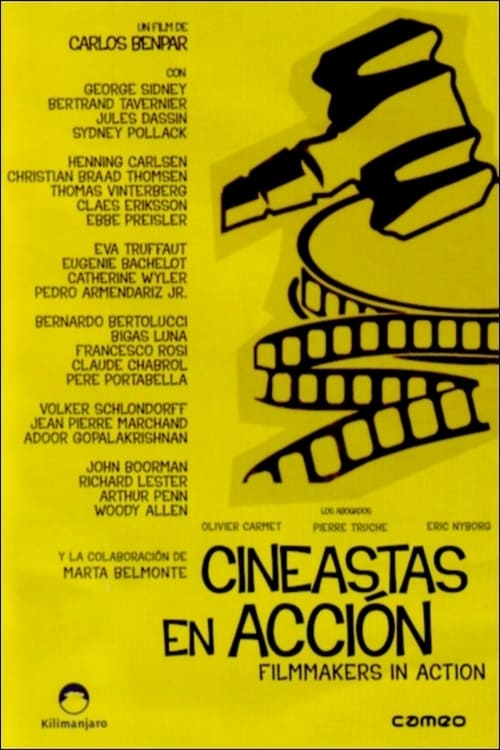
What is the state of cinema and what being a filmmaker means? What are the measures taken to protect authors' copyright? What is their legal status in different countries? (Sequel to “Filmmakers vs. Tycoons.”)
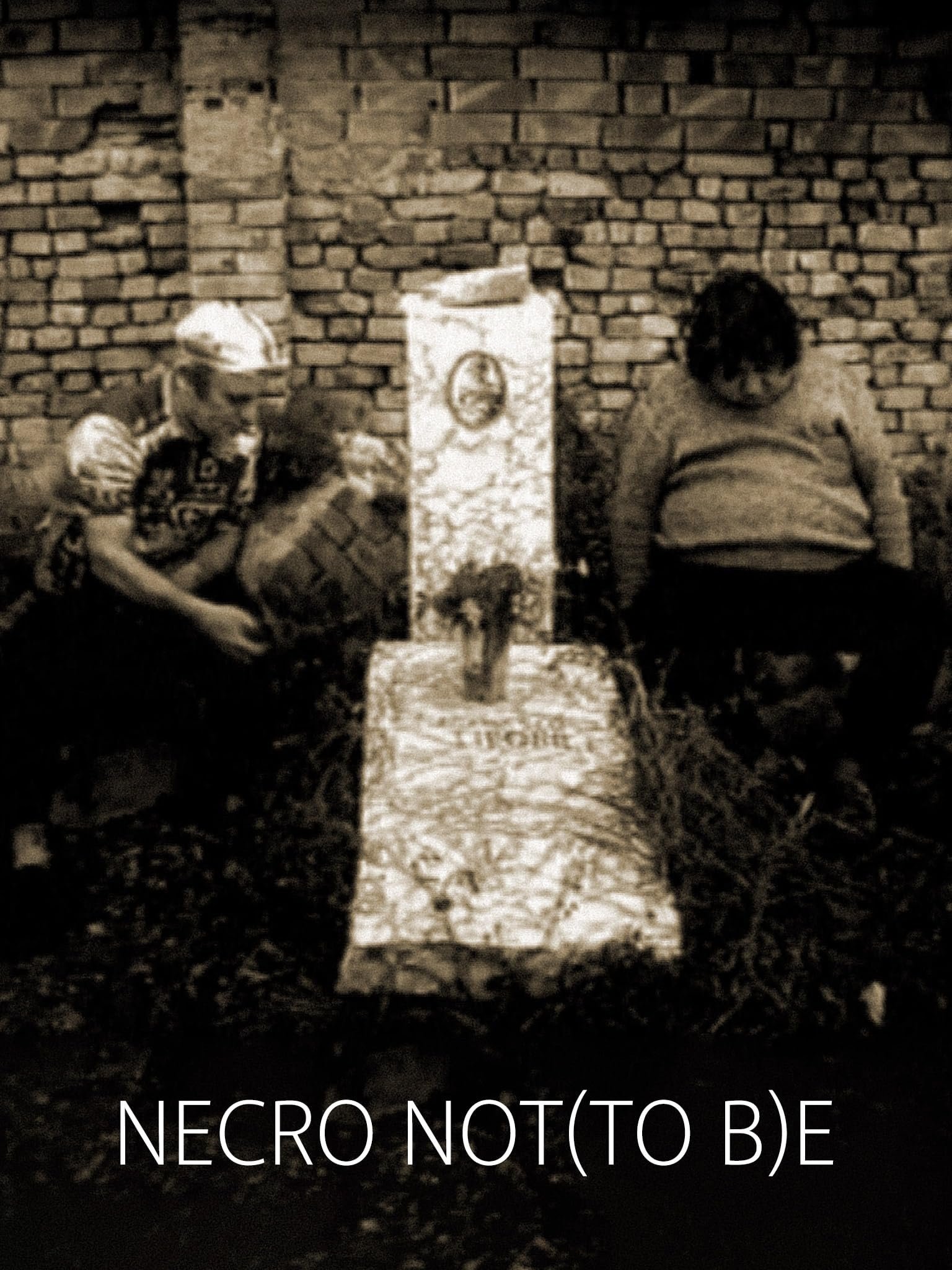
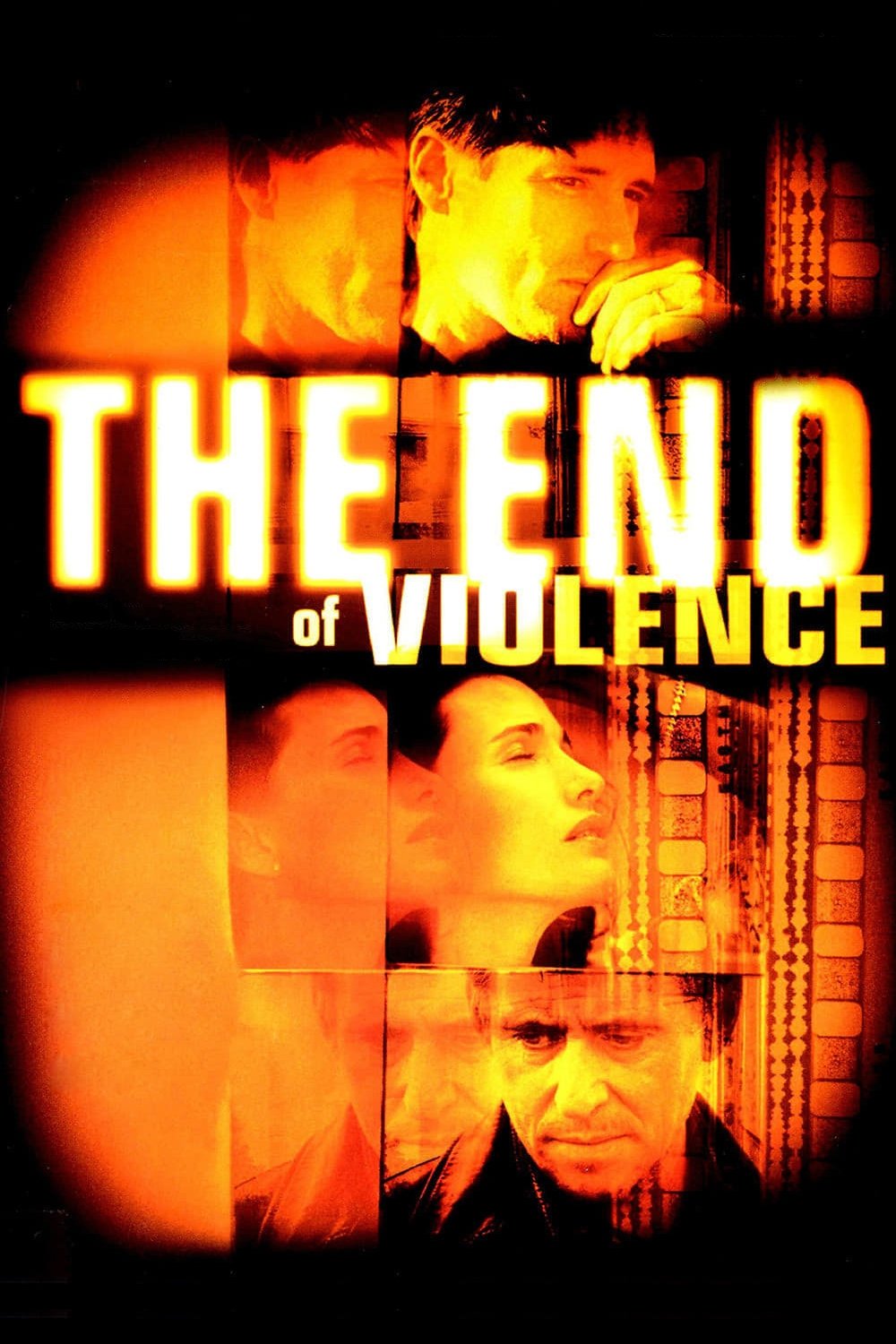
In Hollywood, the lives of a successful film producer, his wife, a police detective and a surveillance agent intersect after a botched abduction.
Filmmaker Samuel Fuller tells the story of Corporal Samuel Fuller's landing on Omaha Beach on June 6, 1944, and his subsequent campaign in Normandy (the "hedge war").
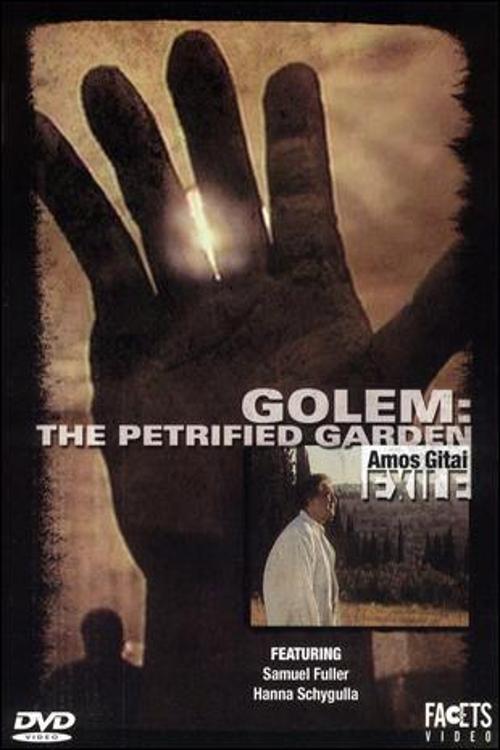
Danny Cornish, a sort of stateless man who arranges art exhibits, is called from Tel Aviv to Paris with the news that a great uncle has died, in Birobidjan, the autonomous Jewish zone in Russia, leaving him a valuable art collection and the hand of a huge sculpture of a Golem. The uncle's will instructs Danny to find the rest of the statue, so Danny, who speaks no Russian, embarks on a trip that takes him (and the Golem's hand) to Moscow, St. Petersburg, and Siberia, fumbling with hotel clerks, taxi drivers, and bureaucrats, following leads, and making discoveries about myth, story telling, art, and hope.
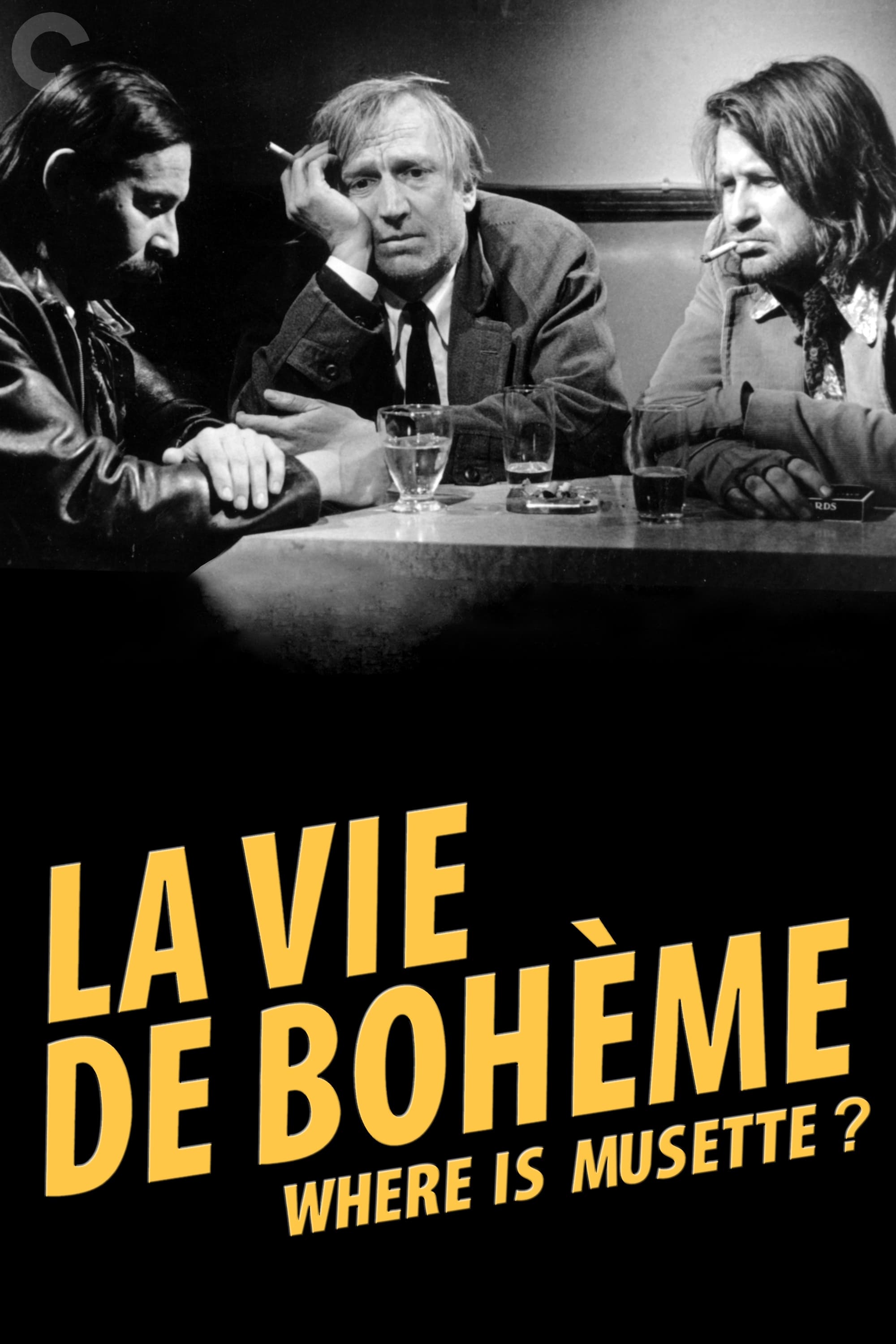
Documentary filmed on-set during the making of Aki Kaurismaki's "La vie de Boheme"
Samuel Michael Fuller (August 12, 1912 – October 30, 1997) was an American screenwriter, novelist and film director known for low-budget genre movies with controversial themes. He was born Samuel Michael Fuller in Worcester, Massachusetts, the son of Benjamin Rabinovitch, a Jewish immigrant from Russia, and Rebecca Baum, a Jewish immigrant from Poland. After immigrating to America, the family's surname was changed from Rabinovitch to "Fuller" possibly by inspiration of a Doctor who arrived in America on the Mayflower. At the age of 12, he began working in journalism as a newspaper copyboy. He became a crime reporter in New York City at age 17, working for the New York Evening Graphic. He broke the story of Jeanne Eagels' death. He wrote pulp novels and screenplays from the mid-1930s onwards. Fuller also became a screenplay ghostwriter but would never tell interviewers which screenplays that he ghost-wrote explaining "that's what a ghost writer is for". During World War II, Fuller joined the United States Army infantry. He was assigned to the 16th Infantry Regiment, 1st Infantry Division, and saw heavy fighting. He was involved in landings in Africa, Sicily, and Normandy and also saw action in Belgium and Czechoslovakia. In 1945 he was present at the liberation of the German concentration camp at Falkenau and shot 16 mm footage which was used later in the documentary Falkenau: The Impossible. For his service, he was awarded the Bronze Star, the Silver Star, and the Purple Heart. Fuller used his wartime experiences as material in his films, especially in The Big Red One (1980), a nickname of the 1st Infantry Division. After his controversial film "White Dog" was shelved by Paramount pictures, Fuller moved to France, and never directed another American film. Fuller eventually returned to America. He died of natural causes in his California home. In November 1997, the Directors Guild held a three hour memorial in his honor, hosted by Curtis Hanson, his long time friend and co-writer on White Dog. He was survived by his wife Christa and daughter Samantha.
By browsing this website, you accept our cookies policy.